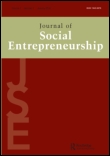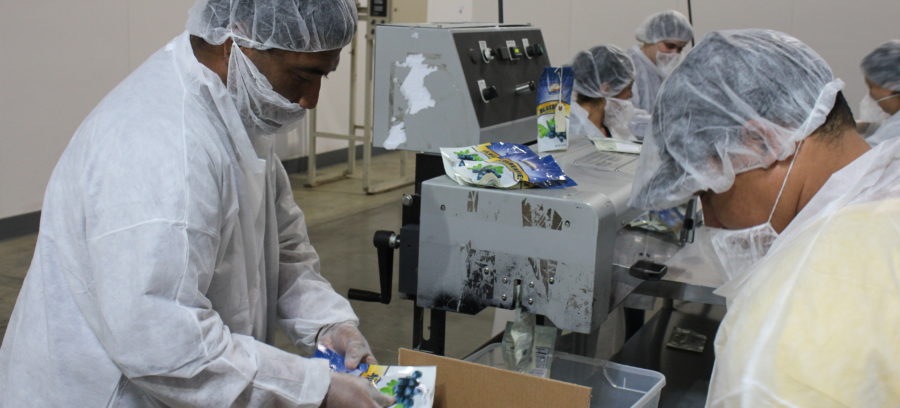 On the eve of the SEEED 2012 Conference at Brown University, we wanted to share a case study by Professor Silvia Dorado, University of Rhode Island, and our own Dave Shaffer, President & CEO of DePaul Industries, entitled “Governance among Confounding Logics: The Case of DePaul Industries.” The case study was published in the Journal of Social Entrepreneurship (Taylor & Francis Group) in March 2011. Both Professor Dorado and Mr. Shaffer are featured speakers at the SEEED 2012 Conference, which takes place this Friday and Saturday.
On the eve of the SEEED 2012 Conference at Brown University, we wanted to share a case study by Professor Silvia Dorado, University of Rhode Island, and our own Dave Shaffer, President & CEO of DePaul Industries, entitled “Governance among Confounding Logics: The Case of DePaul Industries.” The case study was published in the Journal of Social Entrepreneurship (Taylor & Francis Group) in March 2011. Both Professor Dorado and Mr. Shaffer are featured speakers at the SEEED 2012 Conference, which takes place this Friday and Saturday.
The case study concerns the difficulties facing social enterprises, specifically as a blend of nonprofit organizations focusing on social impact and for-profit organizations focusing on financial and competitive effectiveness. Professor Dorado selected DePaul Industries to observe, focusing on the pace of decision-making by its Board of Directors as a contributing factor to the organization’s success.
The study noted that “board decision-making in social enterprises, as that in nonprofits, is framed by a variegated set of interests and framed by a plurality of legitimate expectations that define organizational effectiveness.” Social enterprises by design necessitate worrying about mission impact and profitability simultaneously. DePaul Industries’ board focus historically has steered the growth of the organization with an entrepreneurial bent, focusing on growing mission impact by growing revenue and innovation. Therefore, it is important to consider timely decision-making to ensure that business is relevant to labor market changes and that impact metrics (in DePaul’s case, the number of hours worked by people with disabilities) are continuing to grow.
One of our board members summed up our organization design perfectly: “In the same spirit that DePaul provides employment instead of handouts for people with disabilities, DePaul finances itself with the revenue that it earns instead of with the contributions of donors.” In other words, if our mission is to create employment opportunities so that people can support themselves, we’re going to approach supporting the organization in the same way. The case study makes clear that DePaul Industries is a particular type of social enterprise—one in which social mission and financial goals are “operationally integrated.” The manner in which we’ve always done business does, in fact, have a unique standing in the field of social enterprise: We are an integrated social venture, with money and mission purposefully intertwined.
The Findings
The paper’s findings attribute DePaul’s board’s efficiency in decision-making to a number of factors, with two key stand-out points:
• Potential for social mission expansion is crucial for boards of social enterprises to overcome concerns with the financial impact of a specific decision.
• Agreed upon metrics of control to measure mission fulfillment crucially define whether any particular decision is perceived as resulting in mission erosion.
Interested in learning more, but can’t attend the conference? Follow #SEEED2012 on Twitter for more information on Professor Dorado and Mr. Shaffer’s presentations, as well as for other great information on the economics of social entrepreneurship.



